Argentina’s other legendary Leo
He may bear the same first name as his country’s leading sports superstar, however it is not an understatement to say that Leonardo Manino’s impact on lifesaving in Argentina rivals the significance Messi has had on the football field.
For more than three decades, Leonardo has made significant contributions to the field of lifeguarding and as well as emergency medical services, working as an EMT – a paramedic with a Masters Degree in Civil Protection and Emergency Management.
LWC 2024 entries close on Friday 5 July – Click here to enter today!
Leonardo was a founding member of Equipo Profesional de Salvamento Acuatico (ESPA) – Professional Team for Aquatic Rescues – in 1996 and is a former President. It was following the inception of ESPA that Argentina commenced its involvement on the sport’s global stage and Leonardo has never been far from the action.
“Our involvement in lifesaving sports, governed by the ILS regulations, commenced with EPSA, our national organisation, paving the way for the inaugural representation of Argentina at the Sydney 2000 World Championships,” said Leonardo. “Since then, Argentina has consistently participated in all subsequent Lifesaving World Championships, ensuring at least one representative from our country in each edition.”
Over the past quarter of a century, Leonardo has seen the landscape of lifesaving in Argentina including sporting side undertake considerable change. With water safety an extremely important issue across the continent, he believes that the concept of lifesaving sports can lead to a positive impact on drowning prevention initiatives.
“In my experience, I see a constant growth both in the lifesaving sport and the movement in Argentina and internationally,” he said. “In Argentina, we have observed an increase in participation in lifesaving sports, as well as awareness about the importance of water safety.
“At a regional level, in South America, especially in Brazil, I also notice a rise in interest and participation in lifesaving-related activities, indicating a positive momentum for the movement in the region.
“Globally, the lifesaving sport community, particularly in countries like Australia and New Zealand, continues to grow and strengthen, with more countries recognising the importance of drowning prevention.
“Overall, I see a promising future for lifesaving sport and it is highly possible for its inclusion in the next 2032 Olympics edition within the OceanMan/OceanwWoman, thanks to the commitment of ILS across all its regions.”
A number of countries heading to LWC24 will be beneficiaries of the Developing Nations program, and Leonardo credits Australia with leading the way to promote the movement in countries which need it most.
“I consider that the development program for LMICs [low- and middle-income countries] in 2012 in Adelaide, which we had the opportunity to participate in, was the most significant milestone as it allowed athletes to learn technical gestures and training methods from the best coaches,” he said. “Since that time, EPSA, Argentina’s full member of the ILS, has provided a foundation for the growth of lifesaving sport exponentially.
“What I am looking forward to most in the upcoming LWC is experiencing an international event of this calibre, and nothing less than in Australia.
“Undoubtedly, it promises to be one of the most impactful and fortunately, it will leave a legacy for all its participants and their national associations.”
Asked which Argentine athletes spectators should be looking out for on the Gold Coast, Leonardo says some stars of the future will be in action including some speedsters on the sand.
“I believe that the entire Argentine team is growing as athletes, including the youth team still in formation,” he said. “Keep an eye on the 4×90 men relay from the Argentinean National team!”


